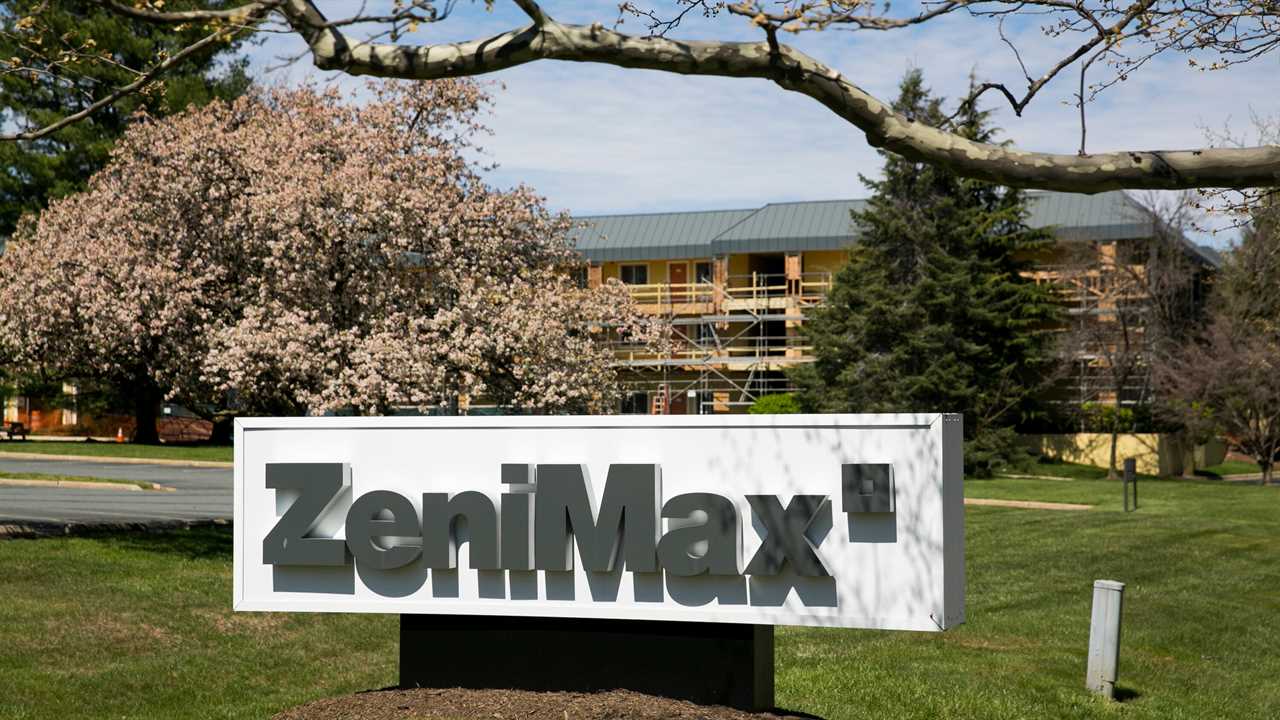
Organized labor claimed one of its biggest victories at a U.S. tech company on Tuesday, gaining a foothold among about 300 employees at a video game maker owned by Microsoft.
The Communications Workers of America, which will represent the employees, announced the result, and Microsoft issued a statement recognizing the outcome.
“We look forward to engaging in good faith negotiations as we work towards a collective bargaining agreement,” the company said. Microsoft has no other unionized workers.
The unionization move at the video game maker, ZeniMax Media, which Microsoft acquired for about $7.5 billion in a deal that closed in 2021, did not involve a conventional union election run by the National Labor Relations Board.
Instead, the company allowed workers to express their preferences in two ways: They could sign a union authorization card, which some began doing in November, or they could vote anonymously through an online platform that was open during most of December.
Labor Organizing and Union Drives
- Education: Academic employees at the University of California voted to return to work, ending a historically large strike that had disrupted research and classes for nearly six weeks.
- U.K.’s ‘Winter of Discontent’: As Britain grapples with inflation and a recession, labor unrest has proliferated, with nurses, railway workers and others leading job actions across the country.
- Starbucks: The union organizing Starbucks workers declared a strike at dozens of stores, the latest escalation in its campaign to secure a labor contract.
- Electric Vehicles: In a milestone for the sector, employees at an E.V. battery plant in Ohio voted to join the United Automobile Workers union, citing pay and safety issues as key reasons.
The process was more efficient and less contentious than the run-up to a typical labor board election, which can involve extensive legal wrangling.
Microsoft agreed to remain neutral throughout the union campaign, avoiding the anti-union meetings and messaging that many companies engage in. The concessions came as the company has been trying to placate antitrust regulators who are scrutinizing its roughly $70 billion proposed acquisition of the video game maker Activision Blizzard.
“This is an empowering victory that allows us to protect ourselves and each other in a way we never could without a union,” Skylar Hinnant, a worker involved in the organizing campaign, said in a statement.
When workers at a vast Amazon warehouse on Staten Island pushed to organize last year, the company fought the effort aggressively. The union prevailed in April, but Amazon has challenged the results. Apple has also sought to persuade retail workers against unionizing, though workers at two stores have voted to do so.
ZeniMax employees involved in the campaign, which included only quality assurance, or Q.A., workers, said Microsoft’s neutral stance came as a relief. “It was nothing short of an absolute gift,” Autumn Mitchell, a worker active in the union effort, said during an interview last month.
In a further sign that unionization is gaining traction across the gaming industry, workers at a Boston studio owned by Activision announced last week that they had filed a petition to hold a union election.
Two other Activision studios have already voted to unionize — one in Wisconsin and the other near Albany, N.Y. But unlike those studios, the proposed union at the Boston studio, known as Proletariat, includes a variety of workers, such as animators, designers and engineers, not just Q.A. workers. A formal union with broader membership would appear to be a first at a major U.S. game maker.
The Communications Workers of America represents workers at the two Activision studios that have already unionized and would represent the Boston-based workers.
At ZeniMax, which includes the high-profile Bethesda Game Studios, maker of such hits as The Elder Scrolls and Fallout, workers said they hoped a union would improve their pay and hours. Q.A. testers and other workers in the industry have long complained that they must endure grueling stretches of work shortly before a title is released.
Microsoft has said it consults with employees to ensure they don’t take on too much work.
Those seeking to unionize at ZeniMax also said that they hoped to change the company’s approach to promoting workers and to assigning them more responsibility, which they said seemed arbitrary at times, and that they hoped to be able to negotiate more flexible policies on remote work.
In June, Microsoft announced a deal with the communications workers union in which it promised to stay neutral if any of Activision’s U.S. employees sought to unionize after Microsoft acquired the company. The video game maker has about 7,000 U.S. employees, most of whom are eligible to unionize.
Officially, the labor deal applied only to employees who joined Microsoft through the Activision purchase. But the tech giant indicated that it would be open to extending the terms of the labor deal to current employees as well.
The politically powerful communications workers union had voiced reservations about Microsoft’s acquisition of Activision, but it said the neutrality agreement addressed its concerns, and the union’s president later met with the chairwoman of the Federal Trade Commission to urge support for the deal.
But regulators have not been appeased. The agency filed suit to block the Activision transaction in December, just as ZeniMax workers were deciding whether to unionize.
Did you miss our previous article...
https://trendinginthenews.com/tech-giants/your-memories-their-cloud






